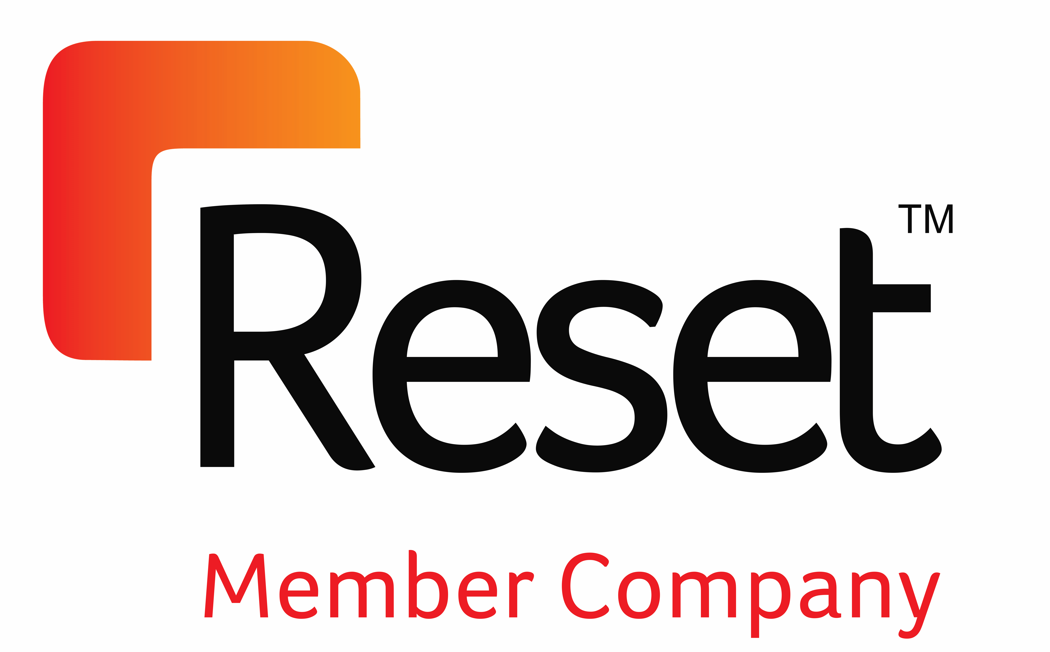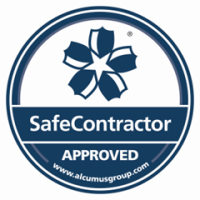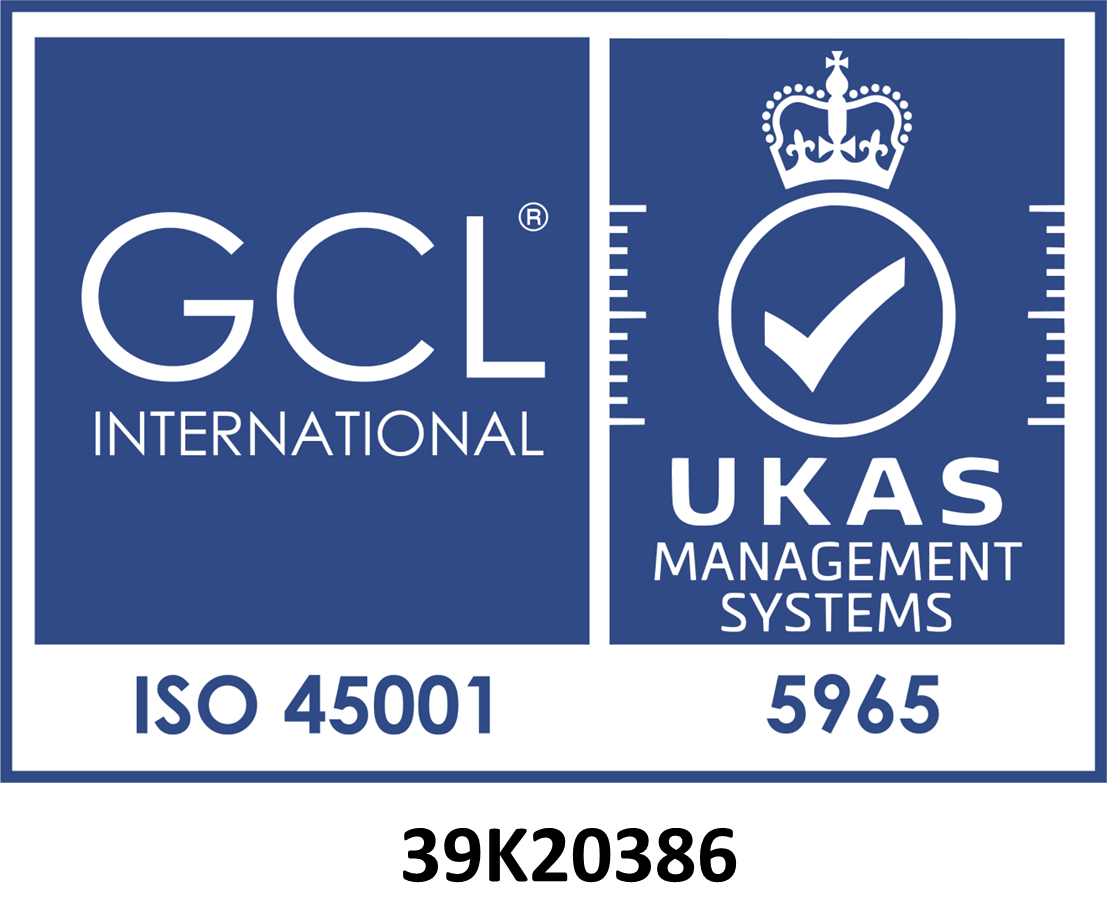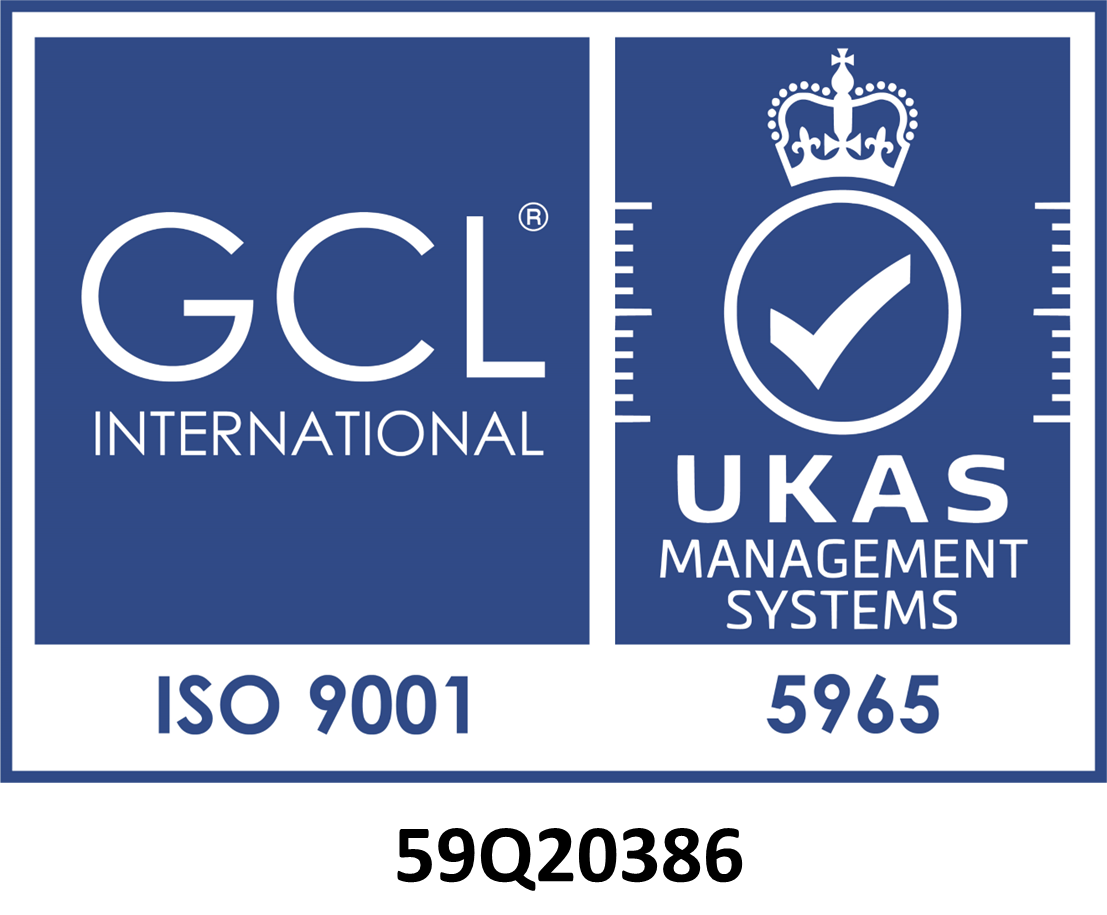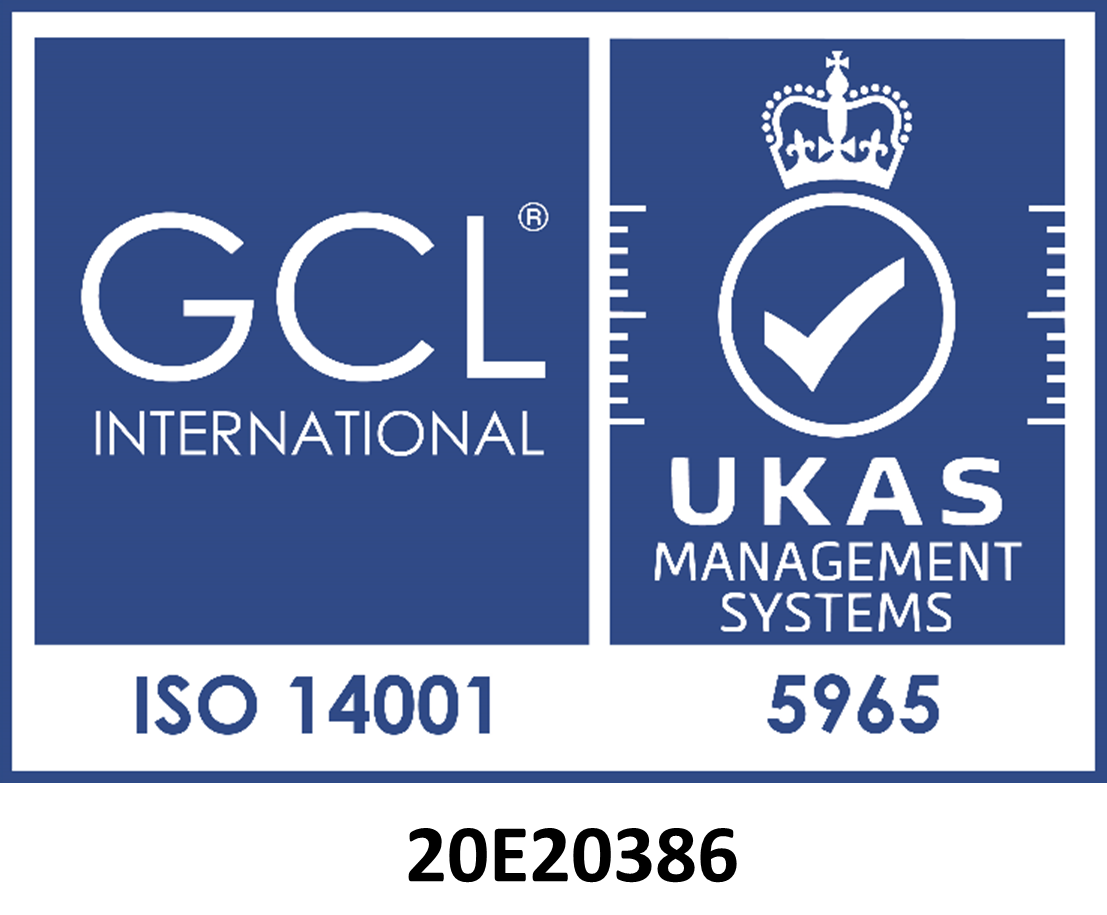 One of the most sensitive areas of any hospital is the neonatal unit, which is tasked with looking after babies who have been born prematurely, underweight or with a serious medical condition and who need special care in the first weeks of their lives.
One of the most sensitive areas of any hospital is the neonatal unit, which is tasked with looking after babies who have been born prematurely, underweight or with a serious medical condition and who need special care in the first weeks of their lives.
It is essential that the highest standards of hygiene and cleanliness are applied to all areas of these units. Here Tecomak Environmental Services examine the role that HTM (Health Technical Memorandum) 03-01 plays – and specifically the role of HTM ventilation.
The Definition of Neonatal
Neonatal means ‘affecting, or relating to, newborn children’ usually during the first months of their lives. The term can also be applied to other mammals. In the UK, more than 100,000 babies every year need to spend time in a neonatal unit.
Sometimes these units are known as NICUs (neonatal intensive care units) which are for the most vulnerable babies. Newborns who have less serious conditions may be cared for in a Local Neonatal Unit or a Special Care Baby Unit.
Conditions Which Need Treating in a Neonatal Unit
There are a number of conditions which should be treated in a neonatal unit, rather than in an ordinary maternity ward. These can include:
Premature birth – any baby born before 37 weeks of pregnancy can be described as premature or preterm. However, babies can also be described as preterm (born between 28-32 weeks of pregnancy) or extremely preterm (28 weeks or even earlier).
Low birth weight –This refers to any baby weighing 5lb (2,500g) or less at birth. Low weight babies can be further subdivided into two further categories; Very low means babies born weighing 3lb (1,500g) or less, and extremely low, which means 2lb (1,000g) or less.
Other medical conditions – these can include problems which were already there before the baby was born. Common issues include:
- Blood disorders – including blood pressure, blood sugar levels and anaemia
- Breathing difficulties – including apnoea, aspiration and chronic lung disease
- Heart problems – including murmurs and valve abnormalities
- Infections – this can include sepsis in the bloodstream as well as to the lungs (which can lead to pneumonia)
- Seizures – electrical storms in the brain’s activities which can have a number of causes, some of which are outlined above. If not identified and treated the baby can suffer from epilepsy in later life.
Key Equipment in Neonatal Care Units
Many neonatal units use incubators which help keep the infant warm but without losing the humidity and moisture from their skin. Another common piece of equipment is a ventilator which ensures the baby’s lungs get enough oxygen. Endotracheal tubes may also need to be fed through the infant’s windpipe.
This means that the air quality is of paramount importance in any neonatal department – not just the air fed through to the incubators or ventilators, but in the whole unit. This is where Health Technical Memorandum 03-01 (and HTM ventilation) plus the expertise of Tecomak Environmental Services comes in.
HTM 03-01 Verification from Tecomak Environmental Services
HTM 03-01 is a document which deals with the specialised ventilation systems which are required in healthcare premises – including operating theatres, ITU and HDU units, scanning and imaging environments as well as neonatal units.
It is essential that the air quality in a neonatal unit is as high as possible; if a baby, whose vital organs are not as well developed as those of an adult, catches an infection, it could have potentially fatal consequences.
HTM verification involves checking the air volumes and change rates within the unit to make sure the air is flowing correctly. The ventilation system (known as a critical ventilation system because of the sensitive environment in which it is situated) is also inspected, along with any built-in filters. Any pressure stabilisers and diffusers which have been fitted to the ventilation system are also checked. Ideally verification should take place at least annually and be supplemented by quarterly inspections.
At Tecomak Environmental Services, we have a team of highly qualified engineers who are very experienced in carrying out HTM verification in all types of hospital and healthcare environments, including neonatal units. Their training has been NHS approved and they will ensure that the department being verified meets all the relevant safety legislation. If there are any issues, they will look to deal with them on the spot. We also keep full records of all our visits, keeping them for at least eight years.
If you would like to know more about our HTM ventilation services, follow this link and fill in the online form or call us on 01732 8532250.
